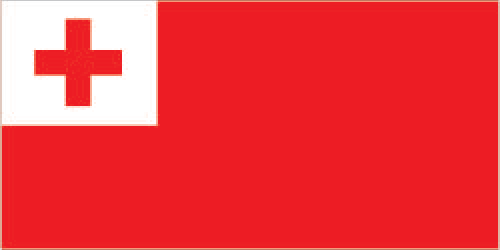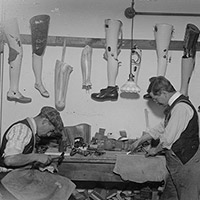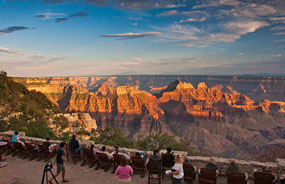
Flag of Tonga
Tonga celebrates Independence Day. It became independent from the United Kingdom in 1970. A constitutional monarchy, Tonga still remains part of the British Commonwealth. The country, located in the South Pacific, is composed of 172 islands. Its total area is about four times the size of Washington, DC. Slightly over 100,000 people live on the islands. Its capital is Nuku’alofa. Captain James Cook explored the area in 1773. Today Tonga exports copra, bananas, and vanilla. Children could learn more about the country at: Tonga.
 Artificial leg was patented by Benjamin Franklin Palmer in 1846. His invention received patent number 4,834. Children can read about Palmer and his invention at:
Artificial leg was patented by Benjamin Franklin Palmer in 1846. His invention received patent number 4,834. Children can read about Palmer and his invention at: 